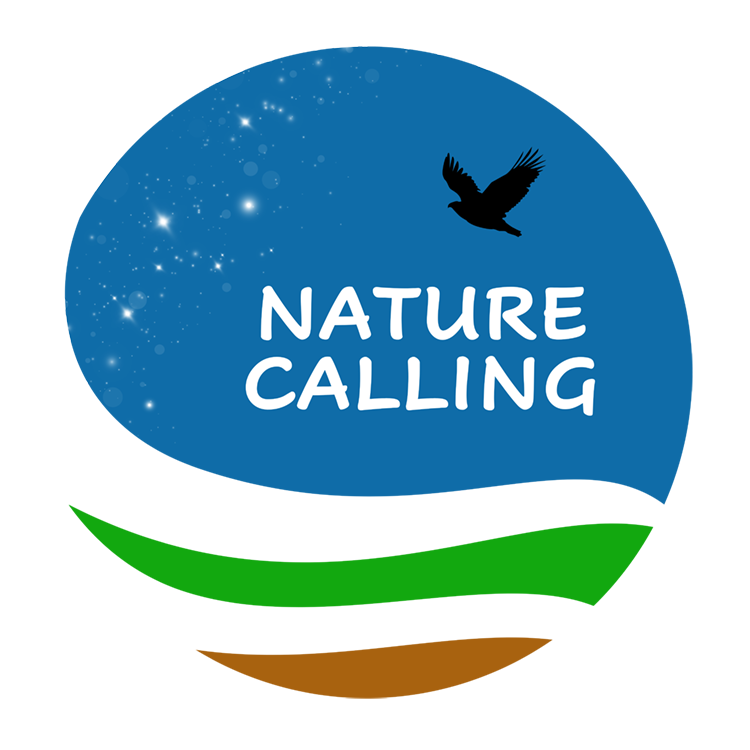The first bird turned out to be alive, still. Only just though. It was so weak i could approach, nudge, and note its feeble movement in protest as my dog backed away from the scene.
The next one was certainly dead, turned up so that you could see its guts had been eaten out. Then the next, and the next. These were Shearwaters, which had failed their migration and fallen upon the beach, only to have whatever small amount of nutrition that was left in their stomach eaten out by whatever sea creature or other bird could get at it.
I’ve only lived on this coast for 4 years, so saying i haven’t seen this before doesn’t amount to much. But something stopped me in my tracks; more than just the individual deaths, more than the mounting evidence of the current and ongoing extinction event that is seeing the end of so many species we can’t even keep count. My favourite animal of all, the Monarch Butterfly, have lost over 80% of their population over recent years (see here).
I later found this report, about the Shearwaters not arriving at their usual destination in Victoria. It was updated only days ago, here. What’s happening is part of a larger pattern. Climate science makes this clear and calling it a Mass Extinction Event seems accurate (although our political leader’s self-serving inaction makes the term ‘extermination‘ more accurate, as suggested by Jeff Sparrow recently). Professor John Arnould cautions us not to panic abut the failed migration this year. But it’s just another sign. They’re adding up.
We’re going to need to get better at dealing with death and destruction as the climate emergency rains its blows down upon us over the coming months, years and decades. In many places, for many creatures, the chaos has already taken its toll. Some people think the planet would be better off without us, but right now, we’re holding the keys to the nuclear reactors and so many other places that could make everything much worse for much longer if we can’t maintain the little control we have left over the damage we are doing every day.
But it will be the grief that undoes us. The countless moments of loss and trauma as we watch our loved ones fall upon the earth, their stomachs empty as the crops fail; or the shock as our communities burn to ashes on the wind in the next horrific fire; or the anguish as we are swept away on hitherto unimaginably fierce storms … the actual details of our undoing will be sickening, so that we cannot celebrate the end of the anthropocene with a clear conscience. We’re going to have to get better at grieving loss, because just as it came for these few birds on my local shore, it is coming for all of us, whether we act now to make our fates less harrowing or not.

